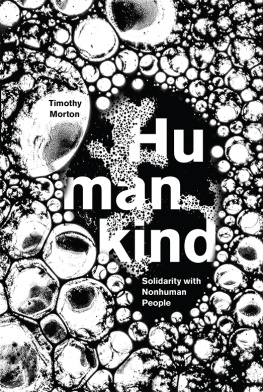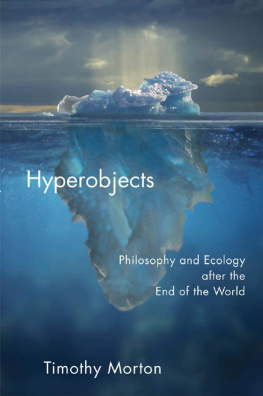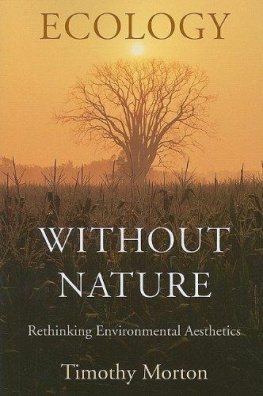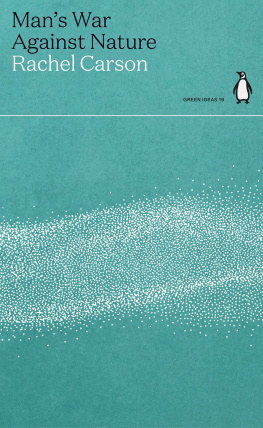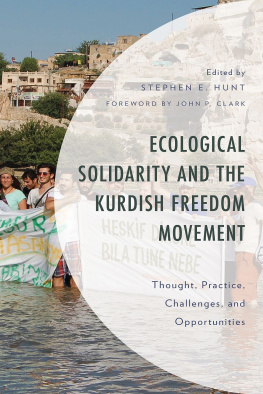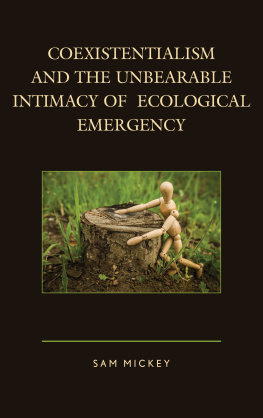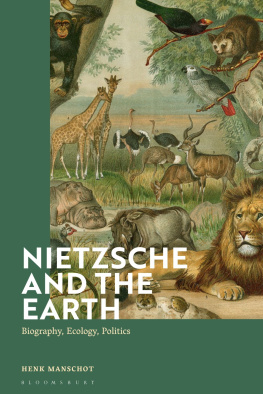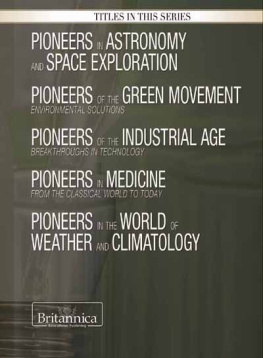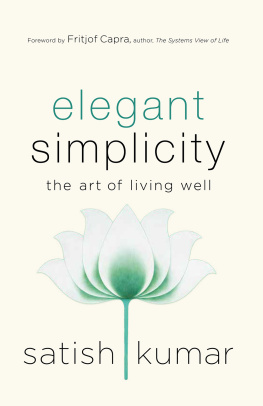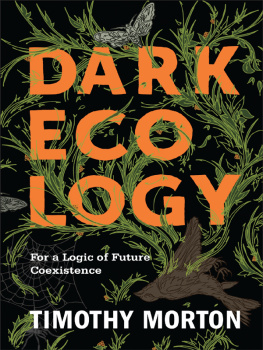- Greta Thunberg No One Is Too Small to Make a Difference
- Naomi Klein Hot Money
- Timothy Morton All Art is Ecological
- George Monbiot This Cant Be Happening
- Bill McKibben An Idea Can Go Extinct
- Amitav Ghosh Uncanny and Improbable Events
- Tim Flannery A Warning from the Golden Toad
- Terry Tempest Williams The Clan of One-Breasted Women
- Michael Pollan Food Rules
- Robin Wall Kimmerer The Democracy of Species
- Dai Qing The Most Dammed Country in the World
- Wangari Maathai The World We Once Lived In
- Jared Diamond The Last Tree on Easter Island
- Wendell Berry What I Stand for Is What I Stand On
- Edward O. Wilson Every Species is a Masterpiece
- James Lovelock We Belong to Gaia
- Masanobu Fukuoka The Dragonfly Will Be the Messiah
- Arne Naess There is No Point of No Return
- Rachel Carson Mans War Against Nature
- Aldo Leopold Think Like a Mountain
Timothy Morton
ALL ART IS ECOLOGICAL

PENGUIN BOOKS
UK | USA | Canada | Ireland | Australia
New Zealand | India | South Africa
Penguin Books is part of the Penguin Random House group of companies whose addresses can be found at global.penguinrandomhouse.com.

First published in Penguin Books 2018
This extract published in Penguin Books 2021
Text copyright Timothy Morton, 2018
The moral right of the author has been asserted
Cover Design: Tom Etherington
ISBN: 978-0-141-99701-8
This ebook is copyright material and must not be copied, reproduced, transferred, distributed, leased, licensed or publicly performed or used in any way except as specifically permitted in writing by the publishers, as allowed under the terms and conditions under which it was purchased or as strictly permitted by applicable copyright law. Any unauthorized distribution or use of this text may be a direct infringement of the authors and publishers rights and those responsible may be liable in law accordingly.

And You May Find Yourself Living in an Age of Mass Extinction
Exactly what is the current state of play, ecologically speaking? Lets explore this first. When Ive told some people about the title of this essay, they have accused me of being weak. Thats right: this essay is really lame. Some people wanted me to say You ARE Living in an Age of Mass Extinction, as if the You may was the same as You are not.
This in itself is interesting, this understanding of may as not. It has to do with the logical Law of the Excluded Middle. It affects all kinds of areas of life. The normal rule for voting interprets abstaining as saying No when it comes to counting up the votes. You cant interpret it to mean Maybe yes, maybe no. We live in an indicative age, an active one indeed, where a wordprocessing program is prone to punish you with a little wavy green line for using the passive voice; heaven forbid we use the subjunctive, as in you might.
Not being able to be in the middle is a big problem for ecological thinking.
But not being able to be in the subjunctive is also a big problem for ecological thinking. Not being able to be in may mode. Its all so black and white. And it edits out something vital to our experience of ecology, something we cant actually get rid of: the hesitation quality, feelings of unreality or of distorted or altered reality, feelings of the uncanny: feeling weird.
The feeling of not-quite-reality is exactly the feeling of being in a catastrophe. If youve ever been in a car crash, or in that minor catastrophe called jet lag, you probably know what I mean.
Indeed, editing out may edit out experience as such. You ARE means that if you dont feel like it, if you dont feel something officially sanctioned about ecology, theres something wrong with you. It should be transparent. It should be obvious. We should deliver this obviousness in an obvious way, like a slap upside the head. You may find yourself in includes experience. In a sense, its actually much stronger than a simple assertion. Because you cant get rid of yourself. You can agree or disagree with all kinds of things there you are, agreeing or disagreeing. In the words of that great phenomenologist Buckaroo Banzai, Wherever you go, there you are.
Philo-sophy
There is something rough and ready about truth, just as there is something rough and ready about philosophy. Philosophy means the love of wisdom, not wisdom as such. Its definitely a style of philosophy to delete the philos part. There are too many philosophers to mention, and I blush to name them, but you know the type: the kind of person who knows they are right and that you are talking nonsense unless you agree with them. Needless to say, this is a style I dont like at all. Love means you cant and dont grasp the beloved thats what you feel, thats what you realize when you love someone or something. I cant quite put my finger on it I just love that painting
Throughout these pages, well be seeing how the experience of art provides a model for the kind of coexistence ecological ethics and politics wants to achieve between humans and nonhumans. Why is that?
In the late eighteenth century the great philosopher Immanuel Kant distinguished between things and thing-data. One reason why you can tell there is a sharp distinction here, argued Kant, is beauty, which he explored as an experience, the kind of moment in which we exclaim Wow, thats so beautiful! (What Im going to be calling the beauty experience.) Thats because beauty gives you a fantastic, impossible access to the inaccessible, to the withdrawn, open qualities of things, their mysterious reality.
Kant described beauty as a feeling of ungraspability: this is why the beauty experience is beyond concept. You dont eat a painting of an apple; you dont find it morally good; instead, it tells you something strange about apples in themselves. Beauty doesnt have to be in accord with prefabricated concepts of pretty. Its strange, this feeling. Its like the feeling of having a thought, without actually having one. In food marketing there is a category that developed in the last two decades or so called mouthfeel. Its a rather disgusting term for the texture of food, how it interacts with your teeth and your palate and your tongue. In a way, Kantian beauty is thinkfeel. Its the sensation of having an idea, and since we are so committed to a dualism of mind and body so was Kant we cant help thinking this is a bit psychotic: ideas shouldnt make a sound, should they? But we do talk all the time about the sound of an idea: That sounds good. Is it possible that there is some kind of truth in this colloquial phrase?
The German philosopher Martin Heidegger is a controversial figure, because for some of his career he was a member of the Nazi party. This very dark cloud is a big shame, because it prevents many people from engaging with him seriously. And this is despite the fact that Heidegger, like it or not, wrote the manual on how thinking should proceed in the later twentieth and early twenty-first centuries. I hope Ill be able to demonstrate this here, and in addition I hope I can show that Heideggers Nazism is a big mistake obviously, but also from the point of view of his very own thought.
Next page

